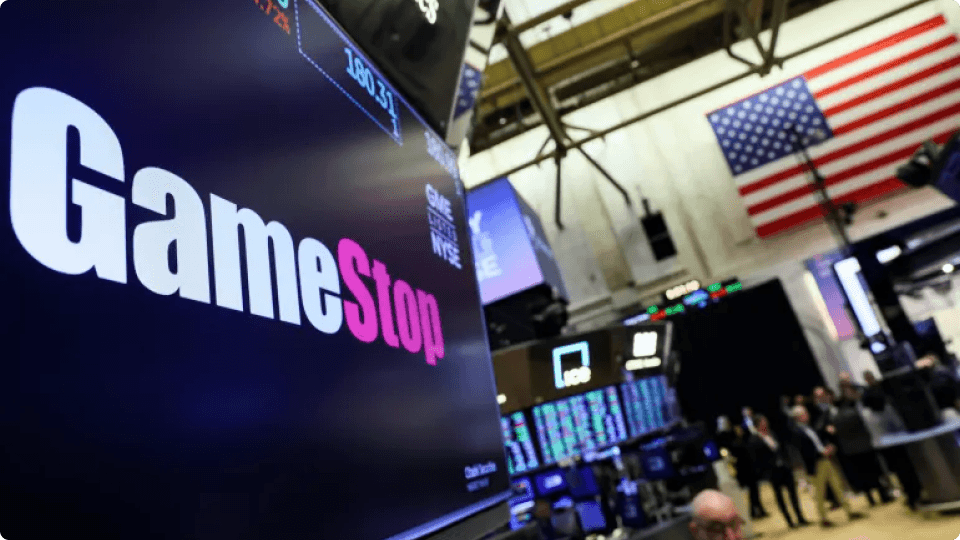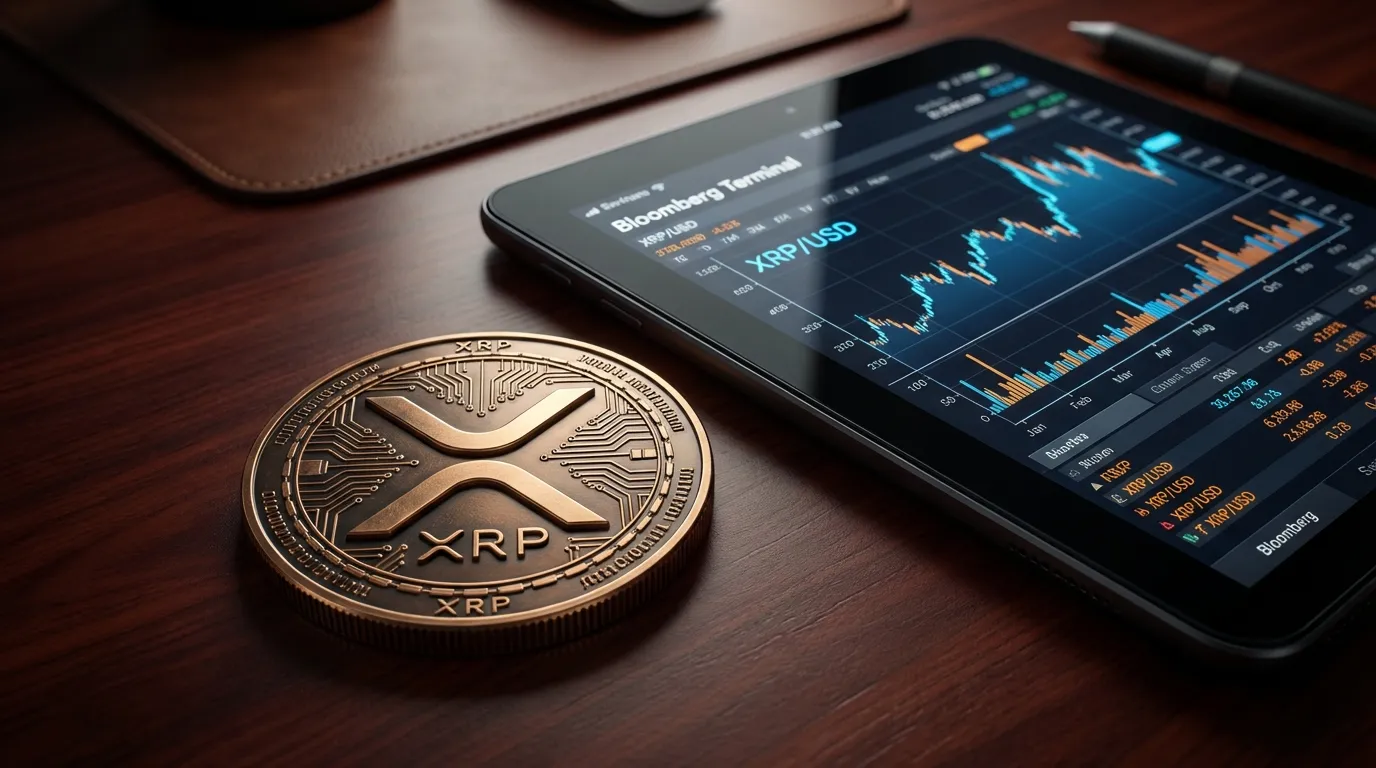Meme stocks are back in the spotlight after "Roaring Kitty," the YouTuber behind the original meme stock frenzy, posted on X for the first time since 2021. This resurgence has made the meme stock market even more exciting, with unexpected changes happening overnight. If you're looking to find the next meme stock and capitalize on viral trends, this guide will give you the insider tips and strategies you need.
How Does a Meme Stock Work?
Meme stocks are shares that gain sudden popularity through social media, leading to a surge in their prices. These stocks are often driven by retail investors and can be highly volatile. Without a large retail investor following, meme stocks aren't necessarily valuable assets.
Online communities, like the Reddit forum WallStreetBets, coordinate efforts to influence stock prices. With enough support, meme stocks can maintain high prices regardless of the company's actual worth.
One key motivation for the online support behind meme stocks such as GameStop (GME), comes from hedge funds shorting specific stocks. Hedge funds borrow shares at a set price, hoping the price will fall so they can buy them back cheaper and keep the profits in the process, also known as shorting a stock. However, if the stock price rises instead, the losses can be significant, and in rare cases, cause a limitless loss.
Due to hedge fund managers shorting the GameStop stock so aggressively, retail investors began buying the stock, incidentally increasing the value of the stock and inflating the price. This then caused hedge fund managers to minimize their losses by exiting their short positions (known as a short squeeze). This leads to a hyper-stock surge, generating high profits for retail investors.

GameStop is certainly the most prime example of how meme stocks can provide strong financial returns. Ultimately, the stock price surge had no value-driven characteristics, instead, it was because the communities of retail investors who began buying the stock gave the stock value, making the stock's price increase dramatically.
Insider Tips to Identify the Next Meme Stock
Monitoring Social Media Trends
Keeping an eye on social media trends is crucial for identifying potential meme stocks. Platforms such as Reddit, Twitter, and TikTok can provide early indicators of which meme stocks are gaining traction among retail investors. When a stock begins gaining social momentum, this could be a clear sign that stock could be the next meme stock to take off.
Analyzing Market Sentiment
Understanding market sentiment is essential. Tools like stock research platforms can help you gauge the overall mood of investors towards a particular stock. Positive sentiment can drive stock prices up, while negative sentiment can have the opposite effect.
Following Influential Figures
Influential figures in the finance world, such as well-known traders, analysts, and social media personalities, can have a significant impact on stock prices. Following these figures can provide insights into which stocks might become the next big thing.
For example, $DOGE coin's price is considered a "meme coin", similar to a meme stock but for crypto trading, and is highly influenced by famous figures such as Elon Musk. In recent years DOGE coin has become synonymous with Elon's personal brand, inciting a craze in crypto investors to inflate the price continually.

Understanding the Company's Fundamentals
While meme stocks are often driven by hype, understanding the underlying fundamentals of the company can help you make more informed decisions. Look at factors such as the company's financial health, business model, and growth prospects.
What happened to the GameStop Meme Stock?
Short positions became widespread in 2020, especially after a fragile share price recovery in late 2020 and early 2021. GME emerged as one of the most shorted U.S. companies, with short interest reaching 140% of available shares. This was part of a broader trend where hedge funds took heavy short positions in so-called meme stocks, popular among retail investors. Many institutional shares were pledged, raising market awareness of a potential short squeeze.
Starting January 13, 2021, GME shares experienced a sudden and significant price surge and increased volatility. This surge was driven by retail investors trading on Robinhood, organized through social media, particularly the WallStreetBets forum on Reddit.

The stock retreated sharply from its late‐January high, but then rebounded. GME return volatility remains extraordinarily high and its price is much higher as of mid‐May 2021 than before January 13.
Years after hitting this high price, GameStop's stock now costs a fraction of what it once did. As of March 2024, GameStop's stock had otherwise traded for more than $20 regularly throughout 2023. Although the current cost pales in comparison to the financial heights GameStop achieved in Dumb Money, a term often used to describe retail investors, it is still far above the all-time low of $2.57 per share that the stock hit in 2020.
What Other Companies Became Meme Stocks?
During the meme stock saga of early 2021, AMC Entertainment became a focal point of unprecedented market activity driven by retail investors, largely organized by the same platforms that drove GameStop's stock surge.
Initially, AMC faced significant financial struggles due to the COVID-19 pandemic, with widespread theatre closures and mounting debt. Institutional investors, seeing AMC's vulnerabilities, heavily shorted its stock, betting on its decline. However, retail investors rallied to counteract this, creating a short squeeze by collectively buying AMC shares and call options.
This surge in demand led to a dramatic increase in AMC’s stock price, forcing short sellers to cover their positions at a loss, which further amplified the stock's value. At its peak, AMC's stock skyrocketed over 2,000%, benefiting from the same social-media-driven momentum that propelled GameStop. To get a better understanding of AMC stock's future, head over and read Will AMC stock Rebound in the long term?
Can I make money with meme stocks?
While it is possible to profit from meme stocks, it is an extremely risky endeavour. Investing in meme stocks requires precise market timing, a skill that even professional investors struggle with. Additionally, predicting which stocks will surge and which will not is nearly impossible.
In addition, meme stocks are technically valueless assets, they often don't hold any value in comparison to company-producing stocks, or valuable resources such as gold. Meme stocks are instead community-driven values, labelled by the masses to be worth a certain price. This means gauging which stock will become the next meme stock is very difficult to forecast.








